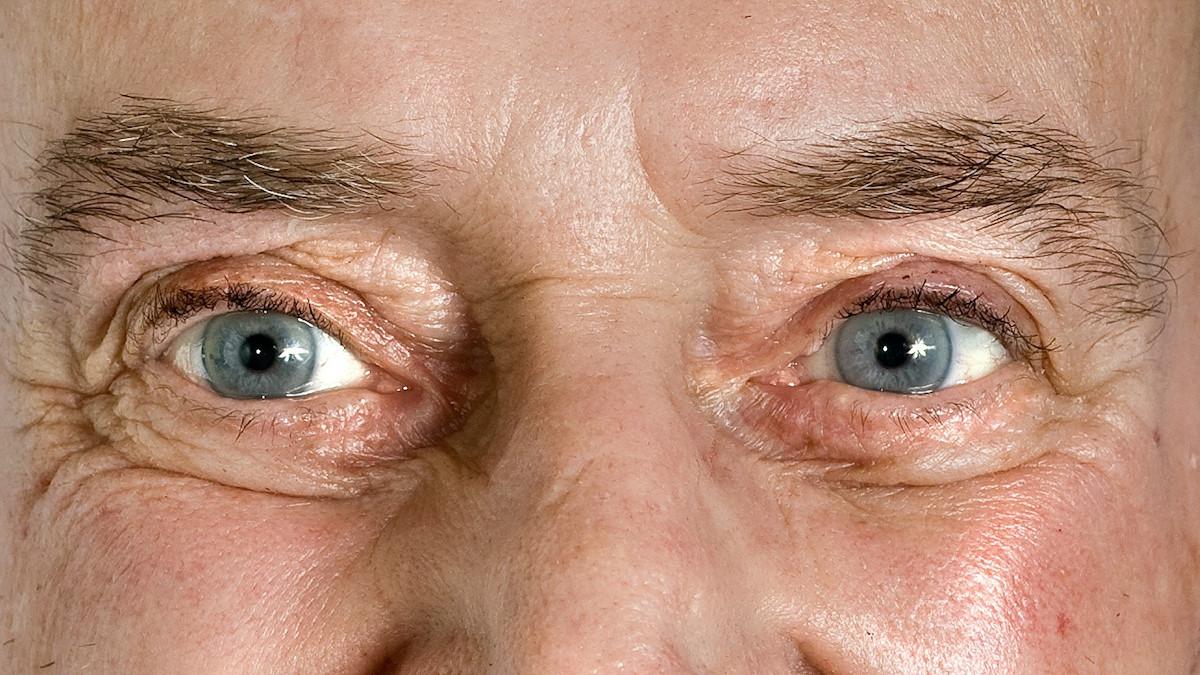Neurotech's cell therapy gets FDA nod for eye disorder MacTel

Neurotech Pharma's cell therapy Encelto has become the first FDA-approved treatment for idiopathic macular telangiectasia type 2 (MacTel), a rare eye disease leading to progressive and irreversible sight loss.
Encelto (revakinagene taroretcel; formerly NT-501) is now due for a launch in the US in June for the neurodegenerative disease of the retina, which is estimated to affect around one in every 1,000 people in the US, although, Neurotech has not yet released its pricing plans for the product.
Most MacTel patients are diagnosed in their 40s and 50s and the disease typically affects both eyes, causing a gradual deterioration in central vision. In the type 2 form, tiny blood vessels around the fovea become abnormal and leak fluid, causing the macula to swell or thicken and photoreceptor cells to die off.
Encelto takes the form of encapsulated human epithelial cells in a cylindrical membrane, delivered by surgical intravitreal implantation, that releases ciliary neurotrophic factor (CNTF) into the retina and is designed to prevent photoreceptor cells from degenerating.
The approval, which comes after a three-month delay in the FDA's review, caused by a request for additional information, was based on results from two phase 3 trials that demonstrated that the implant significantly slowed the loss of macular photoreceptors in MacTel patients over 24 months of follow-up. The FDA awarded orphan drug, priority review, and fast-track status to the programme.
In the studies, Encelto was compared to a sham surgery and showed statistical significance for the pre-specified primary endpoint, the rate of change in ellipsoid zone (EZ) area loss from baseline, through 24 months. Two different protocols were tested in the studies, revealing a 56.4% reduction in the rate of progression in the first and a 29.2% reduction in the second.
"I have seen the impact that MacTel can have on patients and their quality of life," said Dr Charles Wykoff, of Texas-based Retinal Consultants, one of the leading retinal disease centres in the US, who was a clinical investigator in Neurotech's programme.
"Now with an FDA-approved treatment, [...] I am confident that Encelto will be able to meaningfully slow disease progression for many patients affected by MacTel, allowing them the opportunity to preserve more functional vision over time," he added.
Revakinagene taroretcel is also being evaluated for use in glaucoma, which would be a much larger indication for the cell therapy.











